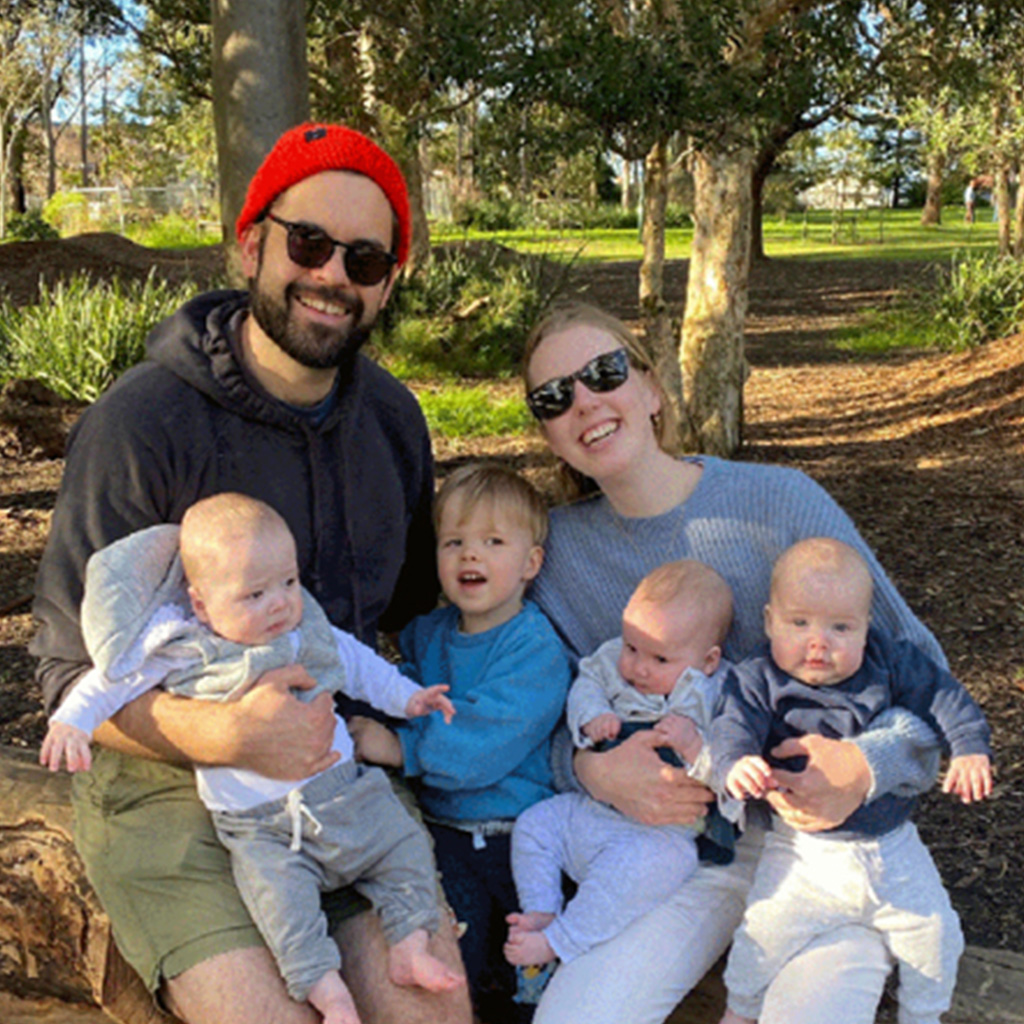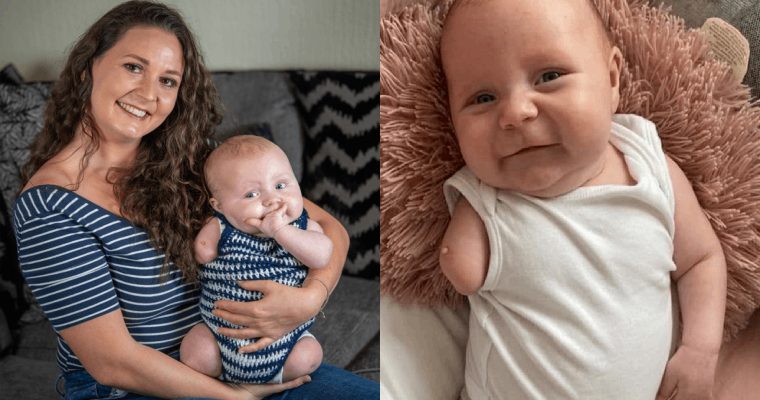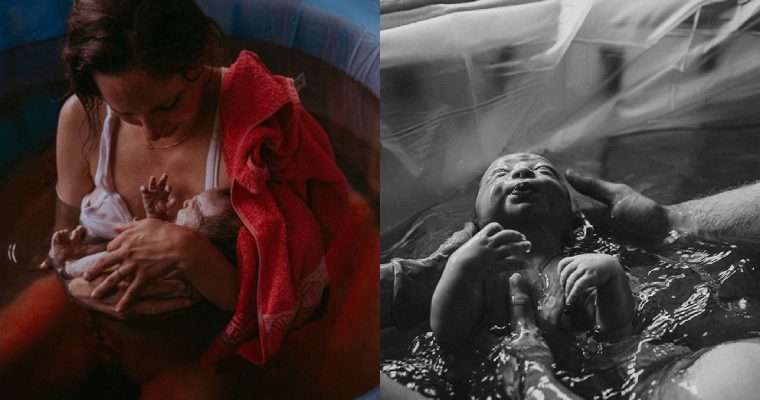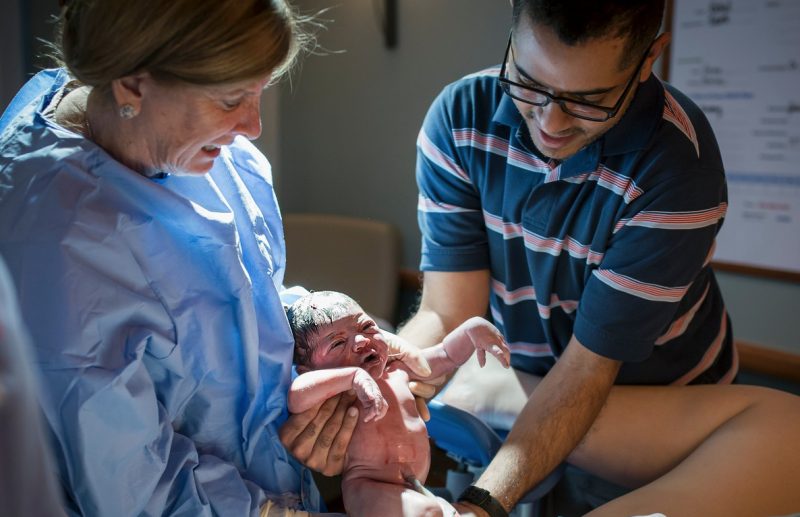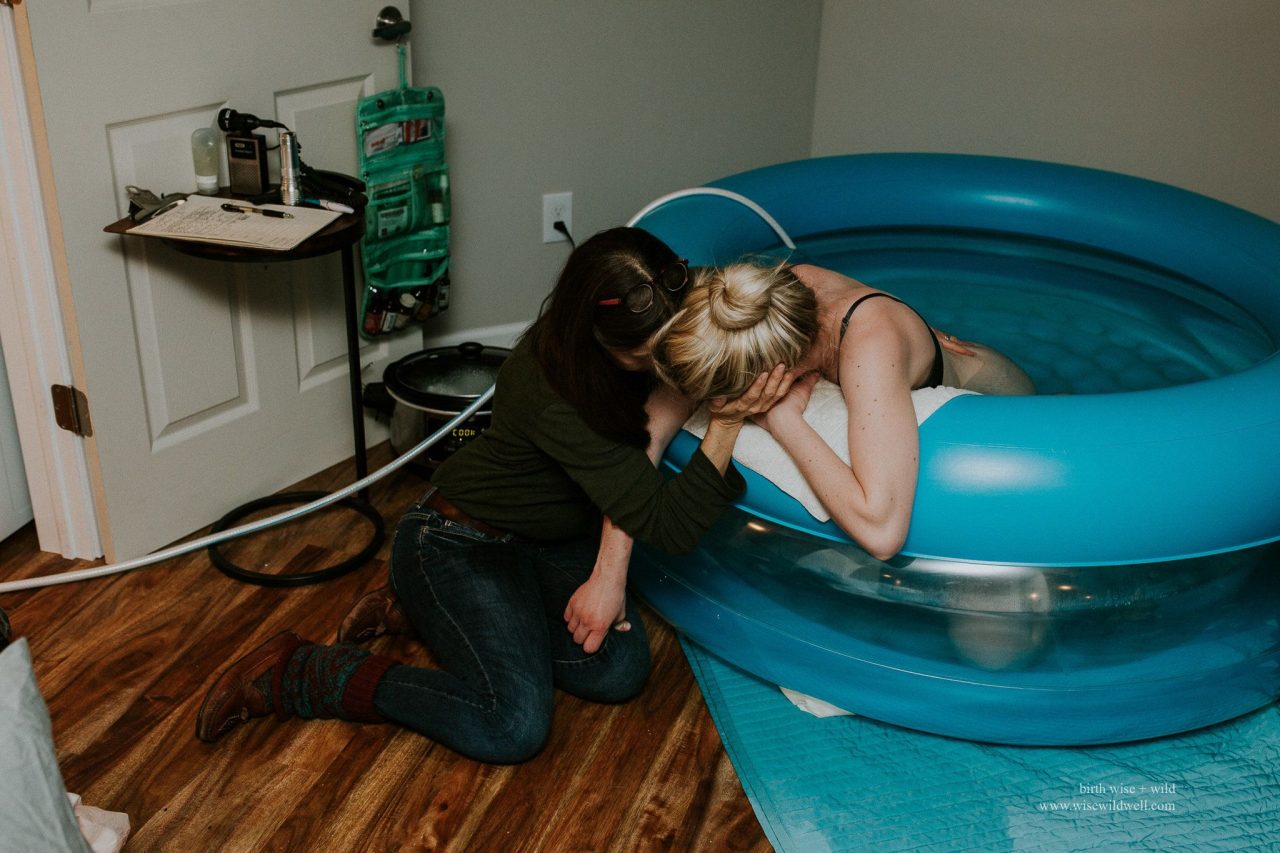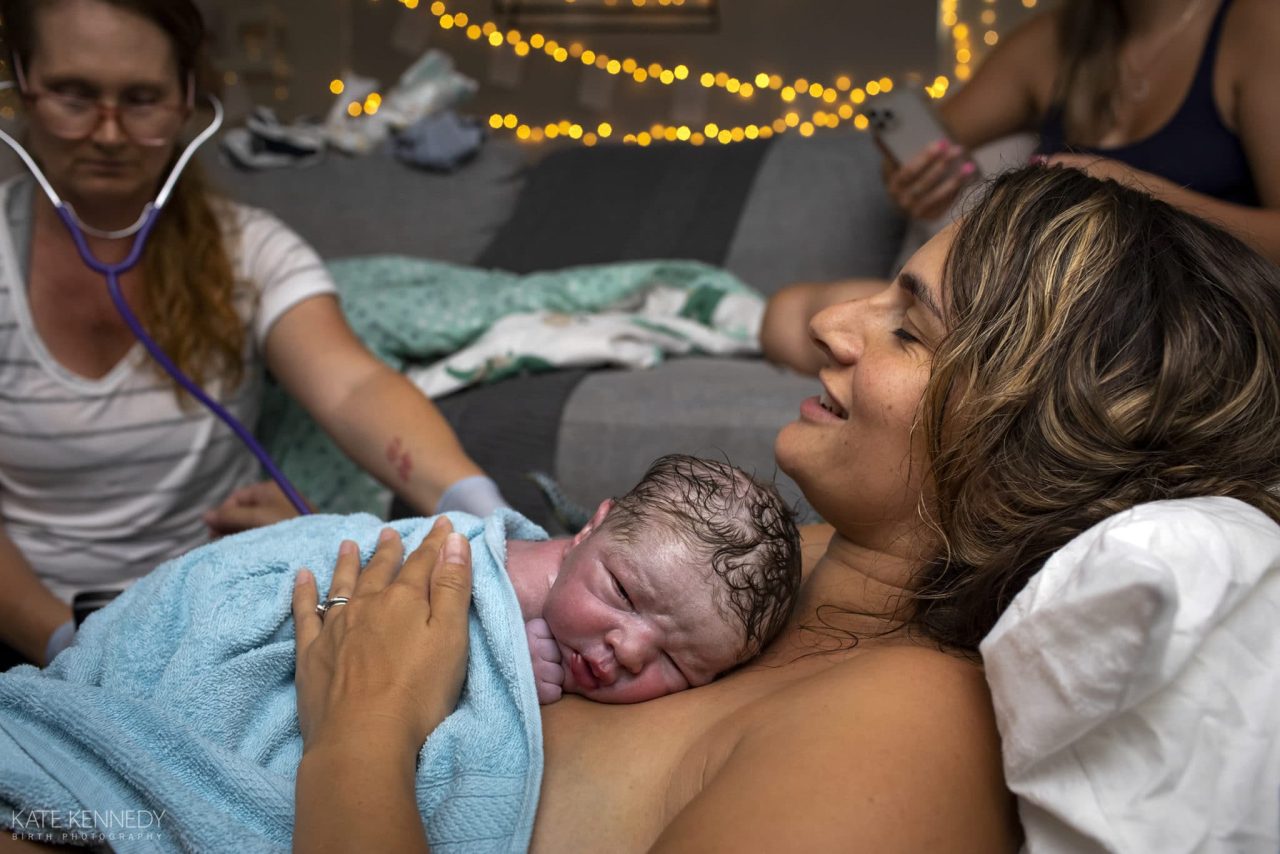Silje Andersen-Cooke had no idea what to expect when she went in for the dating scan for her second pregnancy. Jordan, her partner and attorney, was sure about the pregnancy because he already had a kid named Mads who was 18 months old. Consider that they will know what to expect the second time. Unless, of course, you’re informed there are three little heartbeats, not one, not two. The couple had intended for their son to have a younger brother, but things didn’t work out during Silje Andersen-second Cooke’s pregnancy. She said, “The ultrasound holds the greatest surprise of her life.”
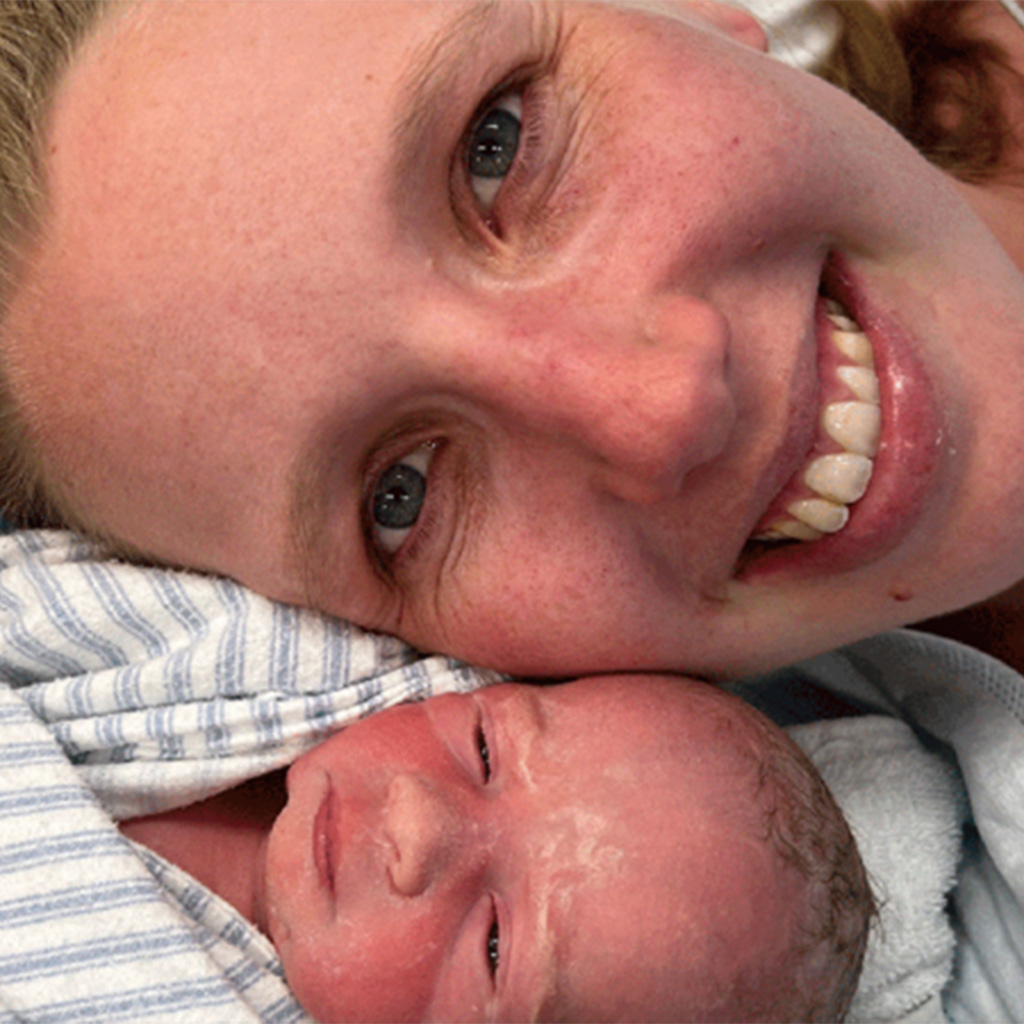
Young mother: “A few months later, I was the happiest lady in the world after learning from my doctor that I was expecting not one, not two, but three infants. I started questioning midwibe because I was so worried to make sure the fetuses weren’t in danger. Obstetrics is not simple. I experience anguish that is worse than the first time, and I frequently question whether my children will live. I quit working at week 30 and stayed in bed for four weeks till my due date. At 30 weeks, Silje ended her work and made an effort to rest as much as possible while carrying a child owing to the possibility of preterm labor.
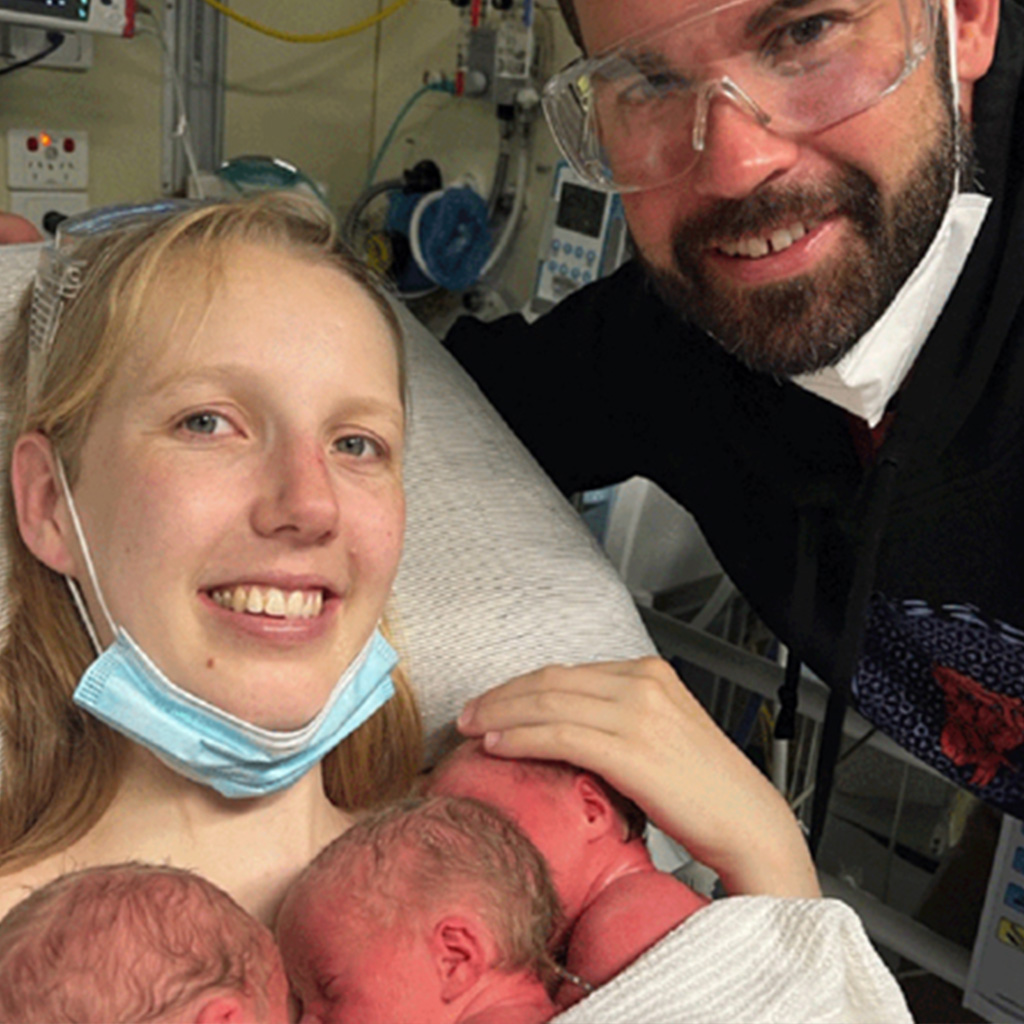
Even if things are going well, Silje is aware that she could give birth at any time. Biweekly consultations with the multiples clinic ensure that the baby’s development is on track. Due to the physical discomfort triplets undergo during pregnancy, the choice must also take Silje’s ability to handle it into consideration. In the end, a caesarean section was used to deliver the three brothers. Each of the three trios was born two minutes apart after a flawless delivery. Two minutes separated the births of our triplets. Baby Ada is the lightest at 1.8 kg, followed by Baby Teddy at 2.1 kg, and Baby Erik at 2.3 kg.
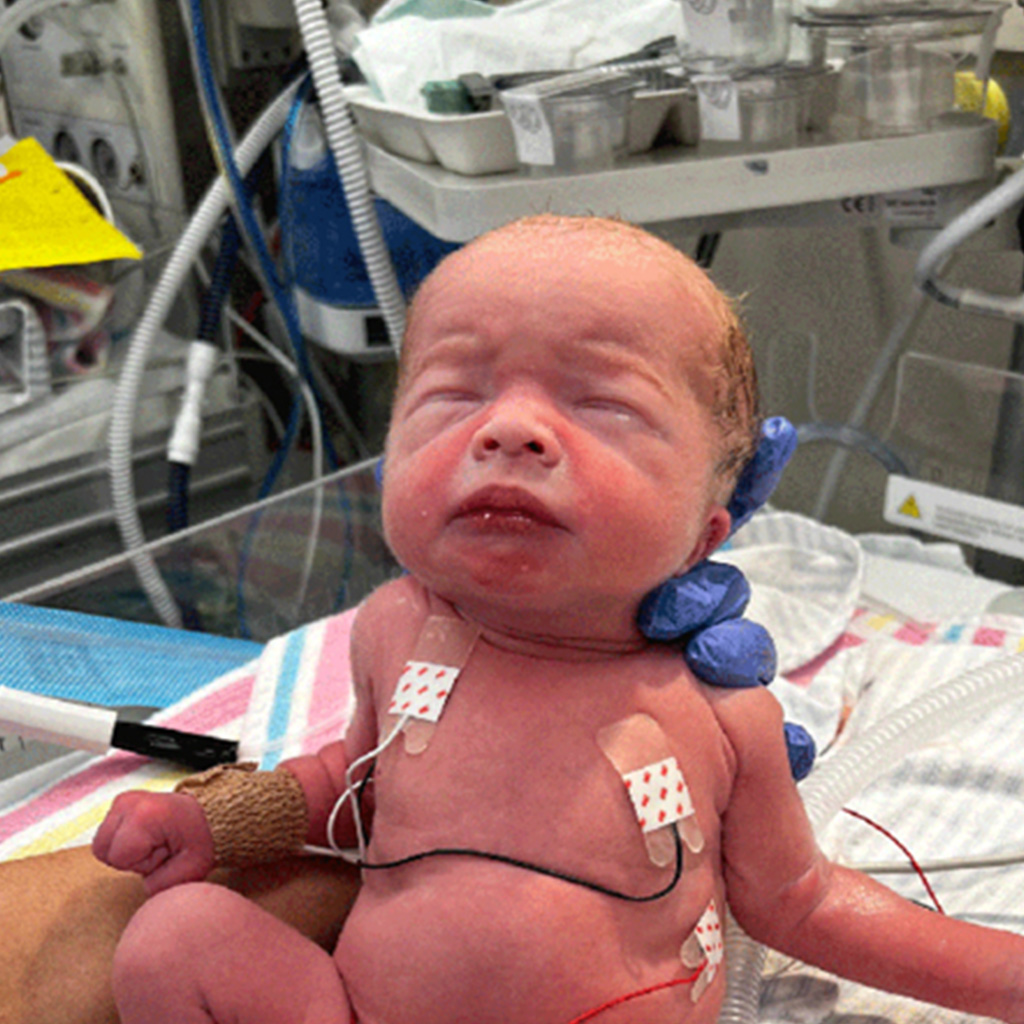
The babies spent 19 days in the NICU, but the couple was released from the hospital after a few days when it was thought that Silje was healing from her surgery. While staying with Silje’s parents, the pair divided their time between spending time with Mads and the infants, with Silje milking the cows to provide milk for both. When they get home, Jordan and Silje go into “survival mode,” trying to extend feeding time while Silje parallel breastfeeds two babies and Jordan charges the third for a bottle of extracted milk each night.
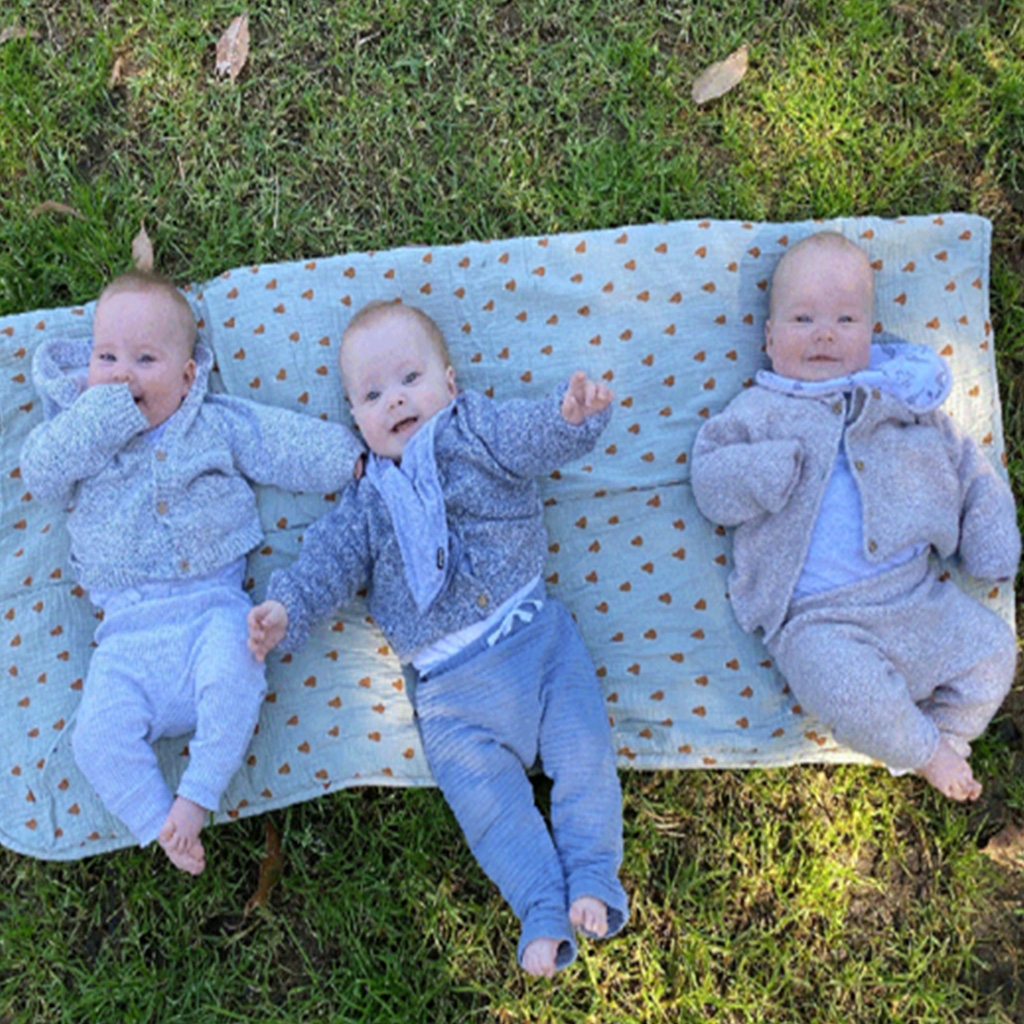
Then, while juggling a busy toddler, get up the next morning and repeat the process. We started having difficulties around four months, according to Silje, because breastfeeding is physically taxing and my milk supply doesn’t grow in the afternoon. In order to provide Mads with food or entertainment, Silje enlisted the aid of her dependable relatives and friends in the “city”. The only true reason I’ve been able to keep up my mental health, she claimed, is because of the support system we’ve developed. Really, it never stops. Although I won’t modify it, extra assistance would be wonderful.
